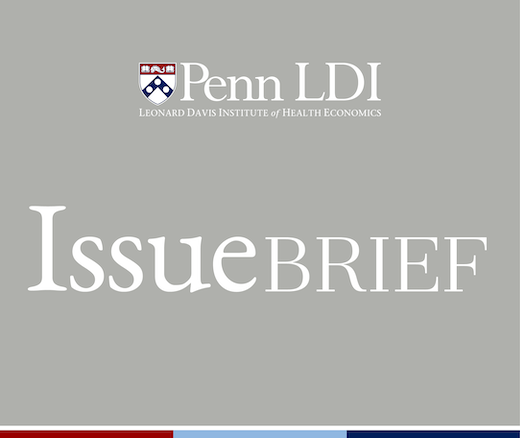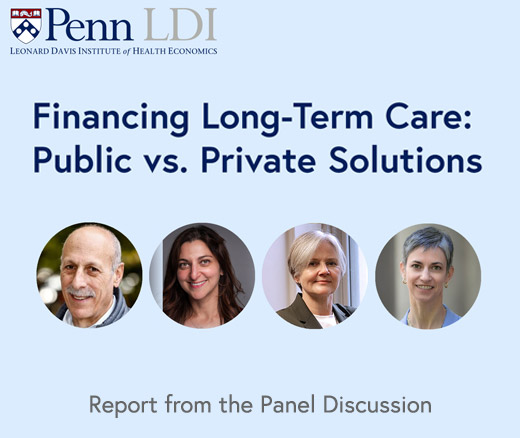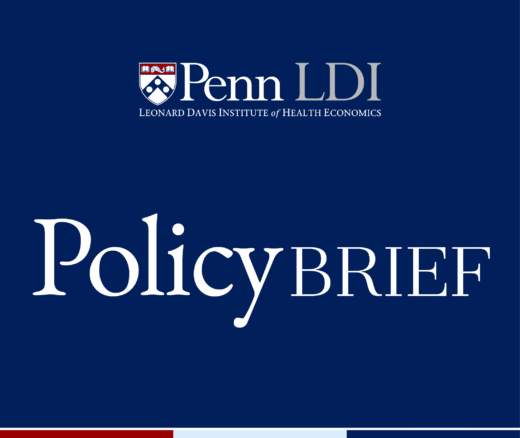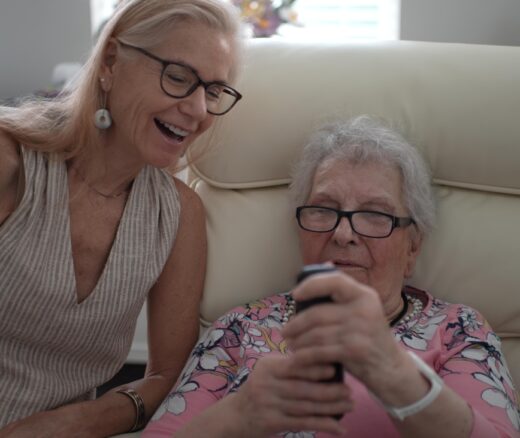
The Long-Term Care Experiment Everyone is Watching
Washington State’s First-in-the-Nation Insurance Plan Begins Payouts in Mid-2026, and Researchers Will Weigh its Effect on Care, Costs, and the Long-Term Care Markets
Improving Care for Older Adults
Blog Post

As Congress debates repealing the Biden Administration’s minimum staffing rules for nursing homes, a new study from LDI Senior Fellow Kira Ryskina and LDI Executive Director Rachel M. Werner found that nursing home staffing hours decreased after a change in ownership.
When hospitalized patients are discharged to nursing homes for post-acute or long-term care, they want recommendations on where to go, according to Ryskina. Case managers refer them to a site from the Centers for Medicare & Medicaid Services (CMS) with nursing home quality ratings on a 5-star scale. However, the site lacks information that patients and caregivers might want to know about who owns the facility.
Mounting evidence shows that being bought by a private equity group is linked to poor patient outcomes, including mortality. However, many nursing home acquisitions involve other types of owners, so Ryskina, Werner, and colleagues studied the effects of a broader set of ownership changes.
To investigate how 5-star ratings change after ownership transitions, the researchers used newly released 2016-2022 CMS data on nearly 3,600 nursing homes that changed owners. They used the 5-star system as an indicator of overall quality, and quality of its three individual components, which are for health inspections, a combination of clinical measures (such as for bedsores, catheter use, or restraints), and staffing.
One in five nursing homes changed ownership over seven years. Consistent with previous studies, most acquired facilities showed indications of financial struggles such as lower star ratings and occupancy, and a higher percentage of stays covered by Medicaid. “Change could theoretically be good for these nursing homes,” Ryskina said. “But we needed to see the impact of having new owners.”
Overall quality ratings decreased slightly with ownership change, by about 0.1 points on the 5-star scale. The health inspection component showed a small decline and the composite of clinical measures increased—a result that requires more investigation, the authors said. It might be from efficiency gains or from changes in the way quality measures are reported by the new owners. The decrease in overall quality was driven by a reduction of about 0.2 points for the staffing rating.

Staffing levels dropped most notably for registered nurses, measured by hours per resident per day and compared to nurses in more administrative roles. Those analyses used 2017-2022 payroll-based data for different nursing roles. The reasons for the changes need further study but could be caused by nurses leaving or by staff reductions and other changes by the new owners.
“Overall, we observed a negative, albeit small impact of change of ownership on the 5-star quality ratings,” Ryskina said. “Our current work extends the literature about the negative impact of private equity acquisitions on patient outcomes to other types of ownership changes, but also shows the impact on the 5-star ratings is relatively small.”
Ryskina said that patients and families may benefit from information about ownership. CMS might add easily interpreted information about ownership to the nursing home 5-star comparison site, such as a flag indicating recent ownership change. Ryskina and coauthors join other researchers in calling for greater CMS scrutiny of nursing home ownership, as a matter of transparency and accountability, with billions of taxpayer dollars annually supporting these facilities.
“Everyone in this field is trying to improve patient care,” Ryskina said. “CMS can help by making it easier for families to make informed choices with more transparent, easy-to-understand public information about nursing home ownership.”
The study, “Nursing Home Compare Star Ratings Before Versus After a Change in Nursing Home Ownership,” was published on July 29, 2024 in the Journal of the American Geriatrics Society. Authors include Kira L. Ryskina, Emily Tu, Junning Liang, Seiyoun Kim, and Rachel M. Werner.


Washington State’s First-in-the-Nation Insurance Plan Begins Payouts in Mid-2026, and Researchers Will Weigh its Effect on Care, Costs, and the Long-Term Care Markets

Issue Brief: Understanding Gaps and Opportunities to Advance Research and Policy

An LDI Fellow Draws on Historic, Paradigm-Shifting Treatments in Depression and Obesity to Consider What Meaningful Breakthroughs in Dementia Care Could Look Like

A Penn LDI Virtual Panel Looks Ahead at New Possibilities

Lessons from the Past, Imperatives for the Future

Technology Helps Older Adults Stay at Home—But May Delay Necessary Transitions to Higher Levels of Care